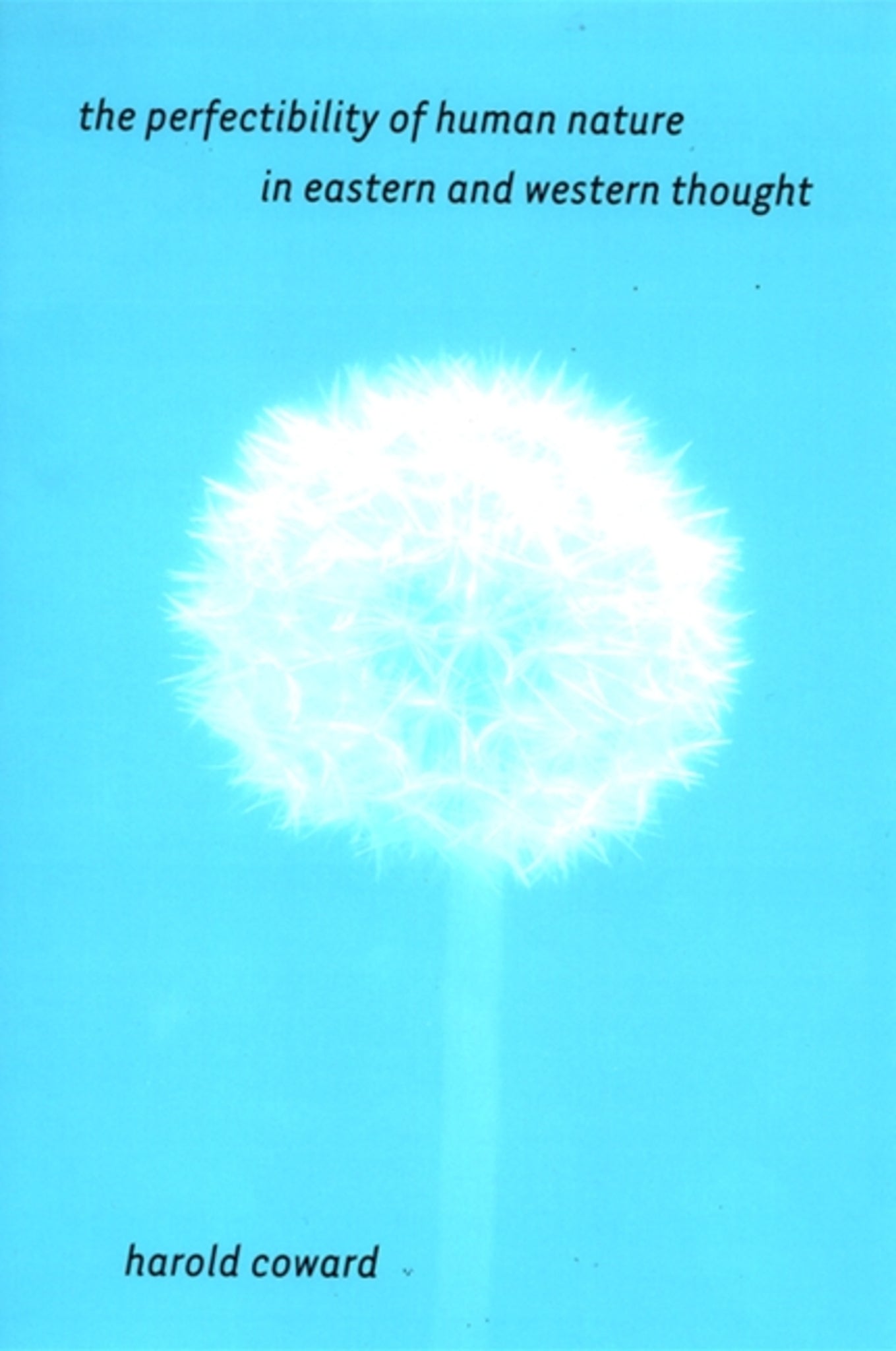We're sorry. An error has occurred
Please cancel or retry.
The Perfectibility of Human Nature in Eastern and Western Thought

Some error occured while loading the Quick View. Please close the Quick View and try reloading the page.
Couldn't load pickup availability
- Format:
-
07 February 2008

Explores the issue of the perfectibility of nature in philosophy, psychology, and a variety of world religions.
How perfectible is human nature as understood in Eastern and Western philosophy, psychology, and religion? Harold Coward examines some of the very different answers to this question. He poses that in Western thought, including philosophy, psychology, Judaism, Christianity, and Islam, human nature is often understood as finite, flawed, and not perfectible-in religion requiring God's grace and the afterlife to reach the goal. By contrast, Eastern thought arising in India frequently sees human nature to be perfectible and presumes that we will be reborn until we realize the goal-the various yoga psychologies, philosophies, and religions of Hinduism and Buddhism being the paths by which one may perfect oneself and realize release from rebirth. Coward uses the striking differences in the assessment of how perfectible human nature is as the comparative focus for this book.


"...a most stimulating and provocative book." — Journal of Hindu-Christian Studies
"…this is an enjoyable and wide-ranging book, and one that is sure to provoke fruitful disagreement from scholars while introducing a complex field to students and the interested lay reader." — Philosophy East & West
"…a nicely balanced comparison of approaches to self-transcendence within major worldviews, both East and West." — Journal of Ecumenical Studies
"Coward has found the most useful question to ask in order to enhance the reader's understanding of the clear differences between Eastern and Western philosophies and religions. In pursuing the notion of 'perfectibility' through Western philosophy, psychology, and religions, and Eastern philosophies and religions—a task he is eminently qualified to do—he brings a vast body of material into a manageable frame. By his choice of focus and his brilliant examination of this question through many traditions, he brings forth a new distinct point of view." — Robert M. Garvin, University at Albany, State University of New York
Acknowledgments
1. Introduction
Part I. The Perfectibility of Human Nature in Western Thought
2. The Perfectibility of Human Nature in Western Philosophy and Psychology
3. The Perfectibility of Human Nature in Jewish Thought
4. The Perfectibility of Human Nature in Christian Thought
5. The Perfectibility of Human Nature in Islamic Thought
Part II. The Perfectibility of Human Nature in Eastern Thought (arising in India)
6. The Perfectibility of Human Nature in Indian Philosophy and Yoga Psychology
7. The Perfectibility of Human Nature in Hindu Thought
8. The Perfectibility of Human Nature in Buddhist Thought
9. Conclusion
Notes
Index



